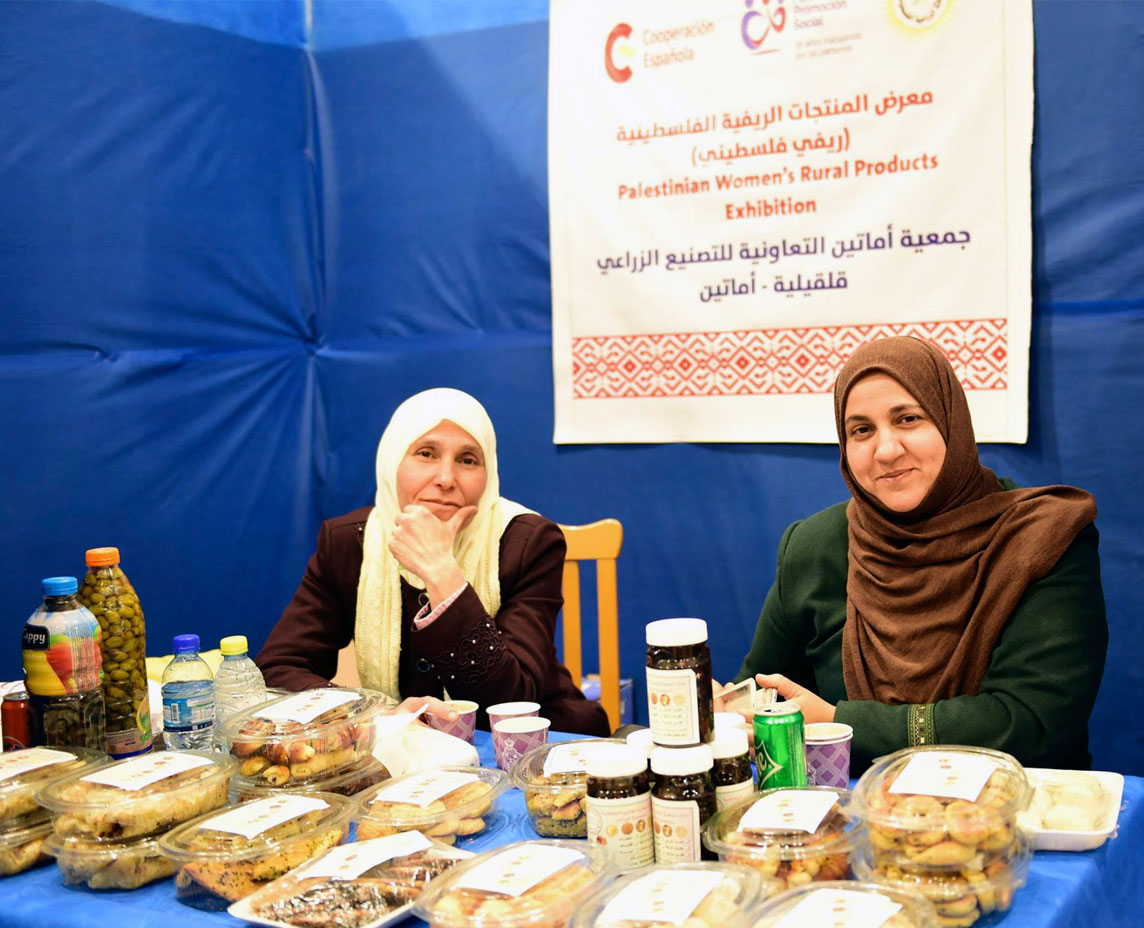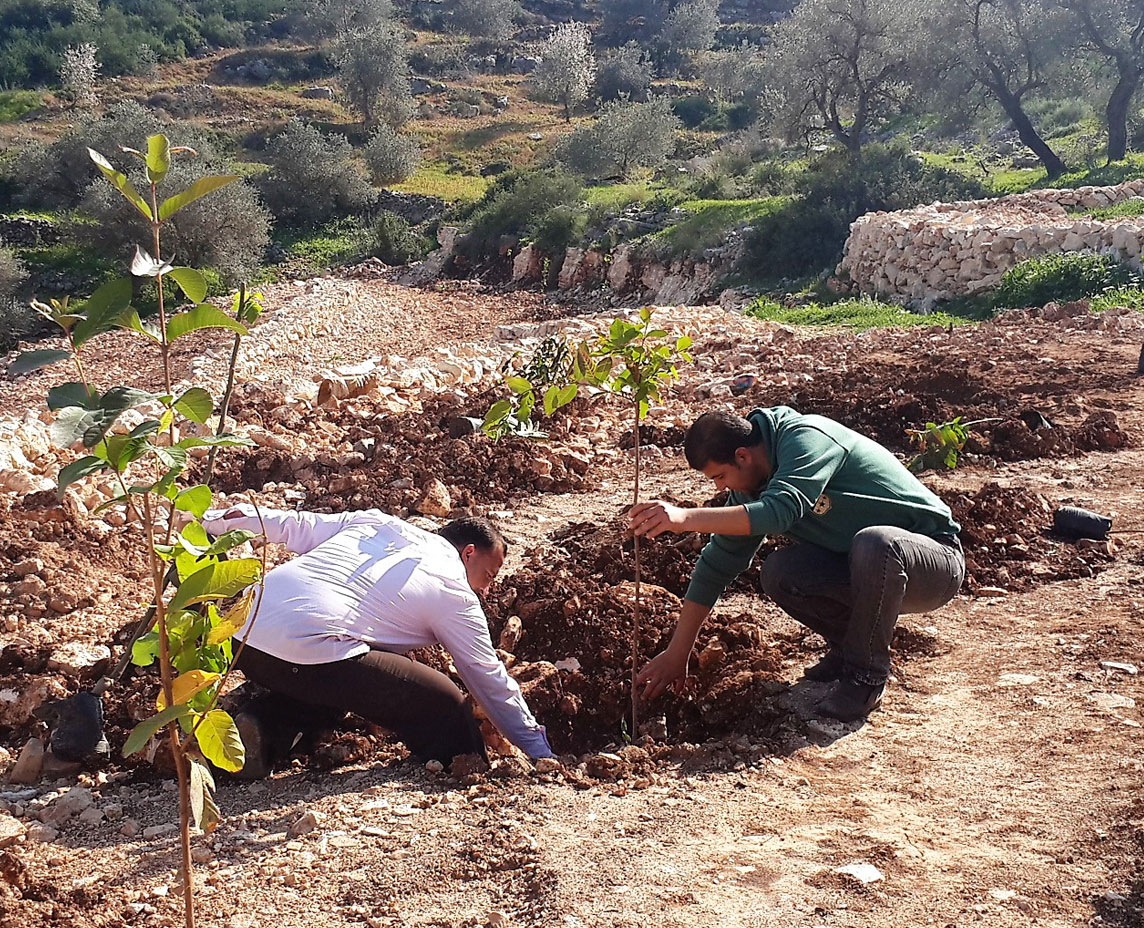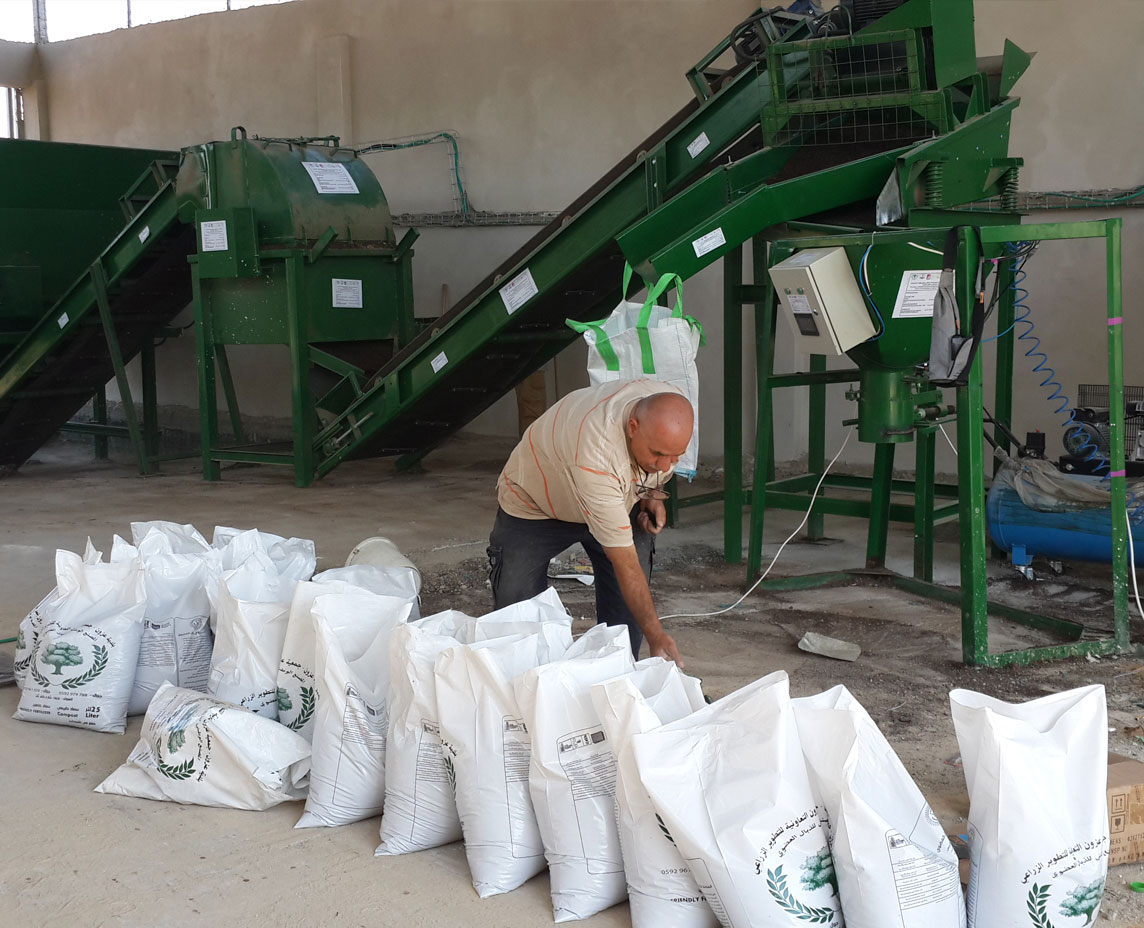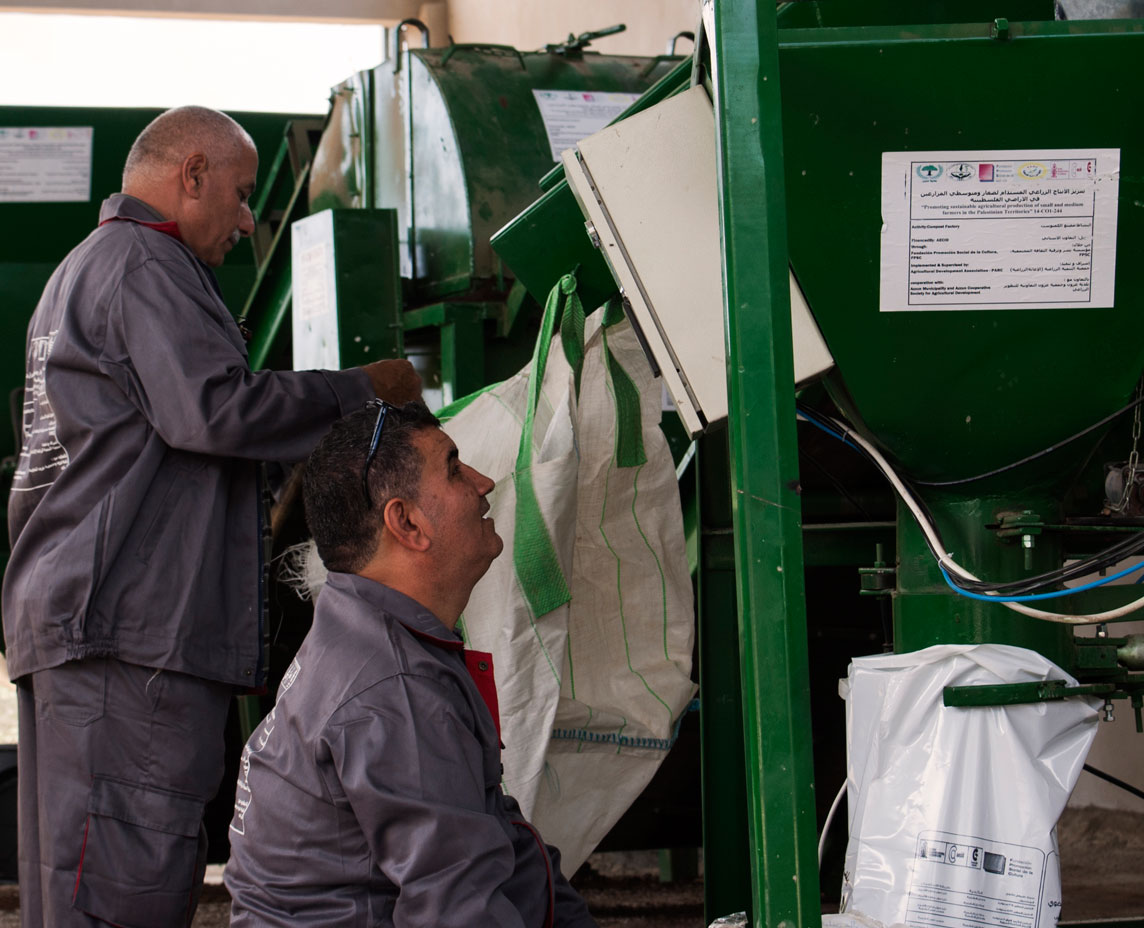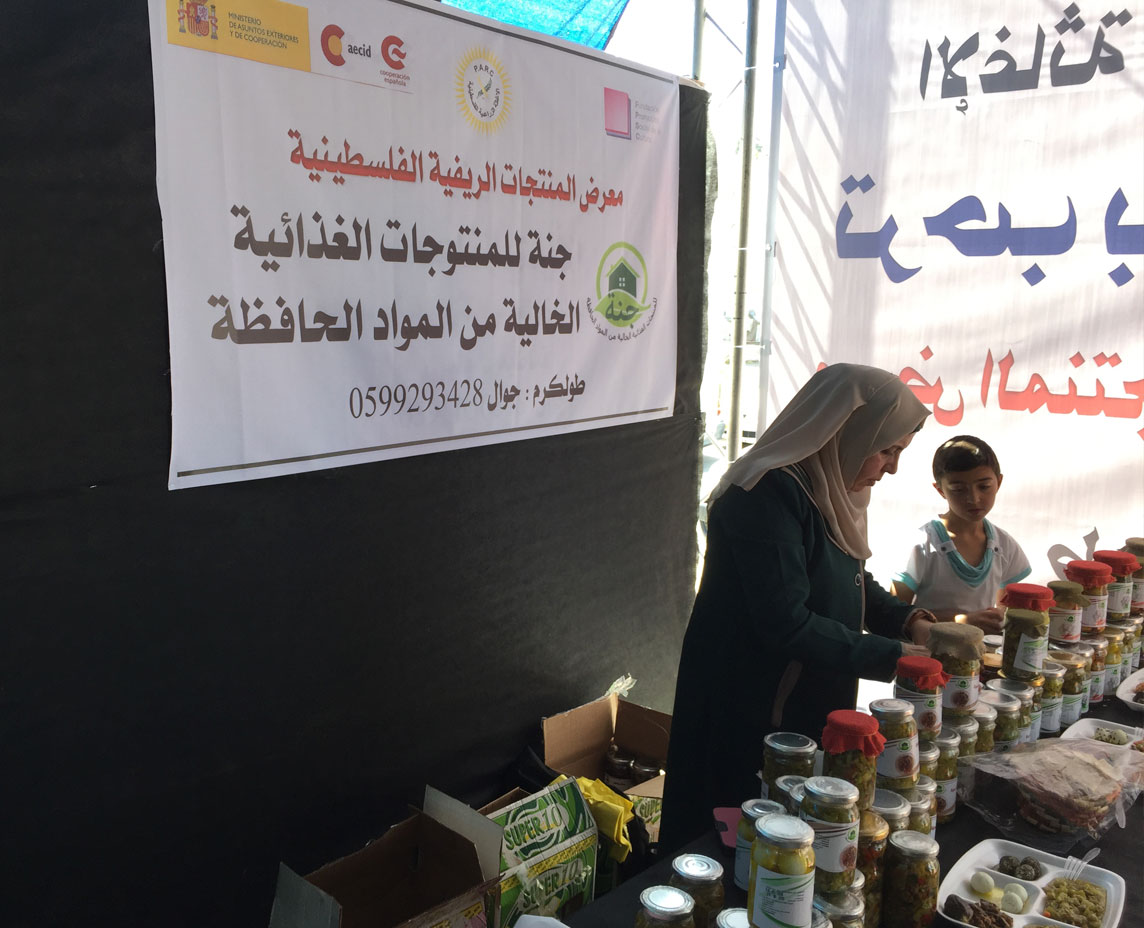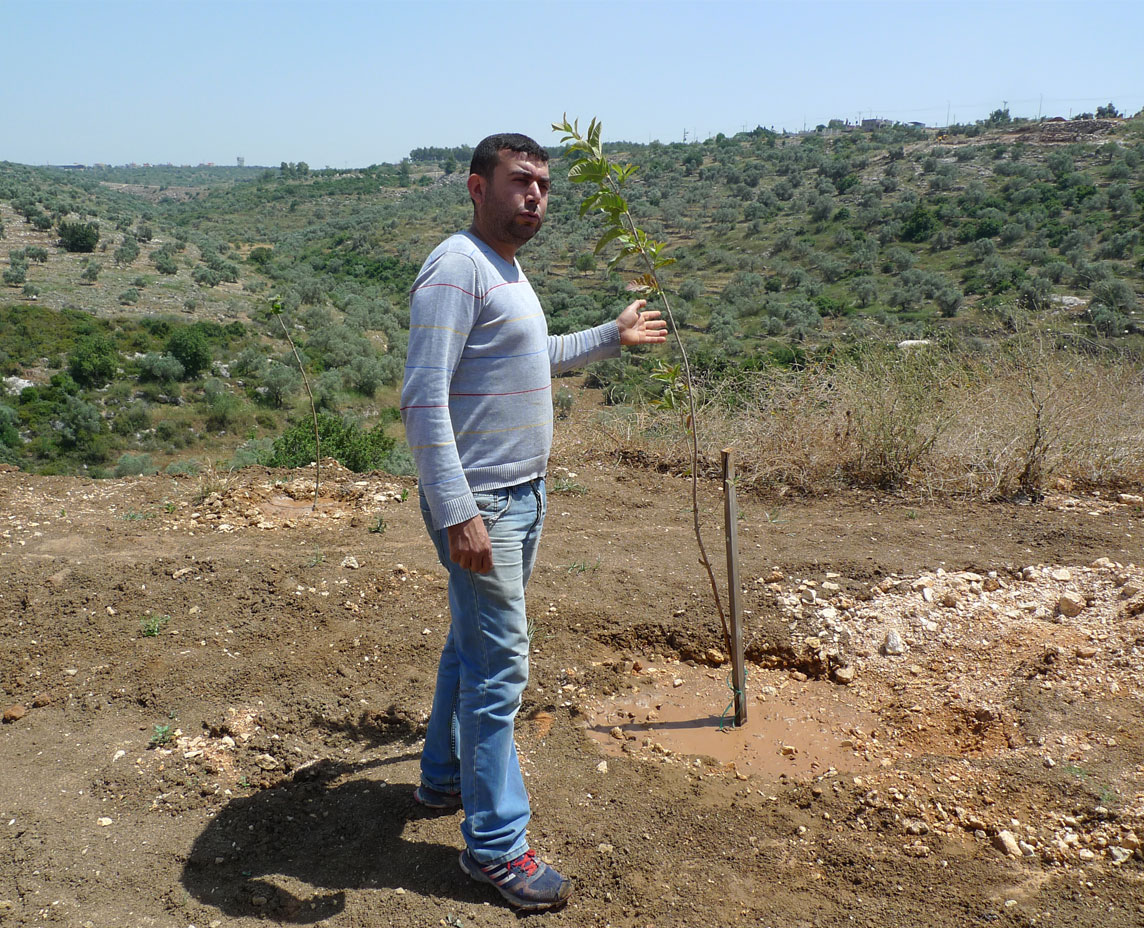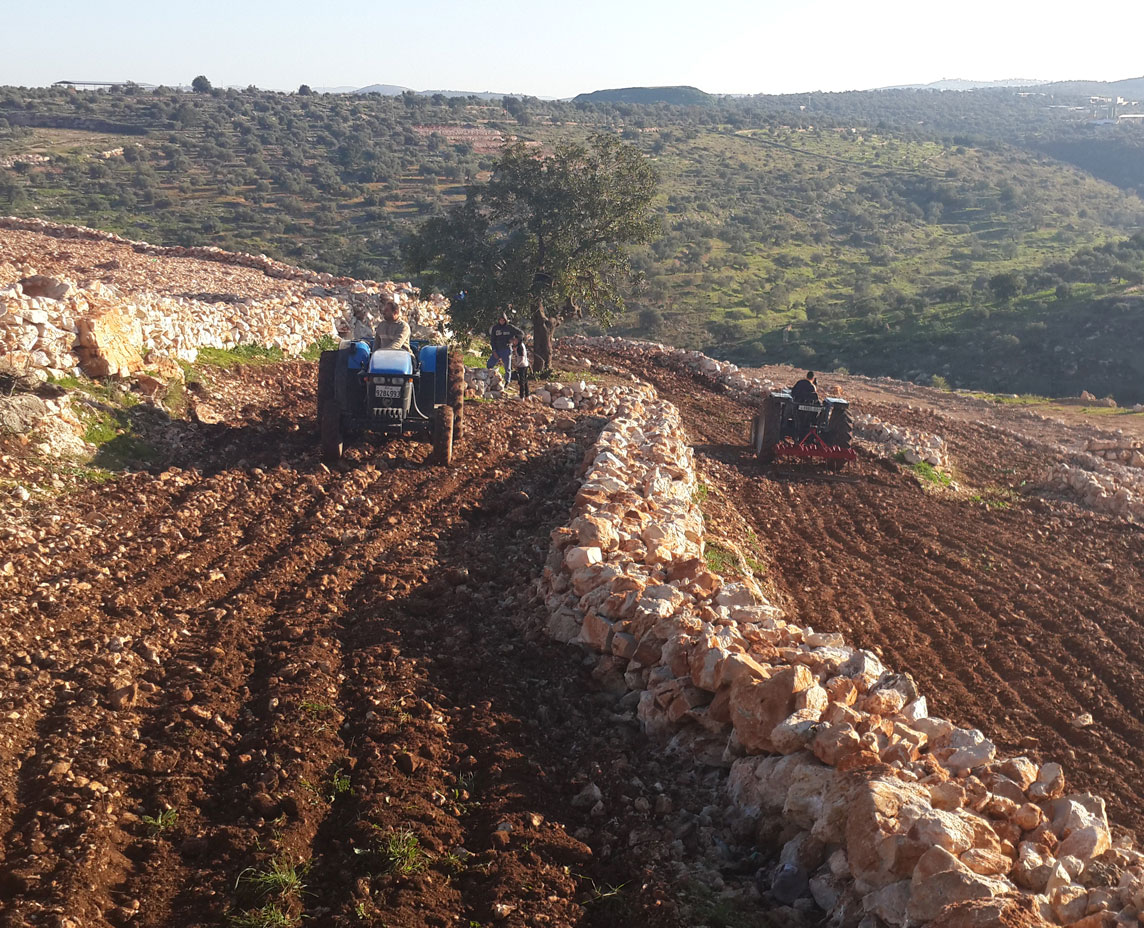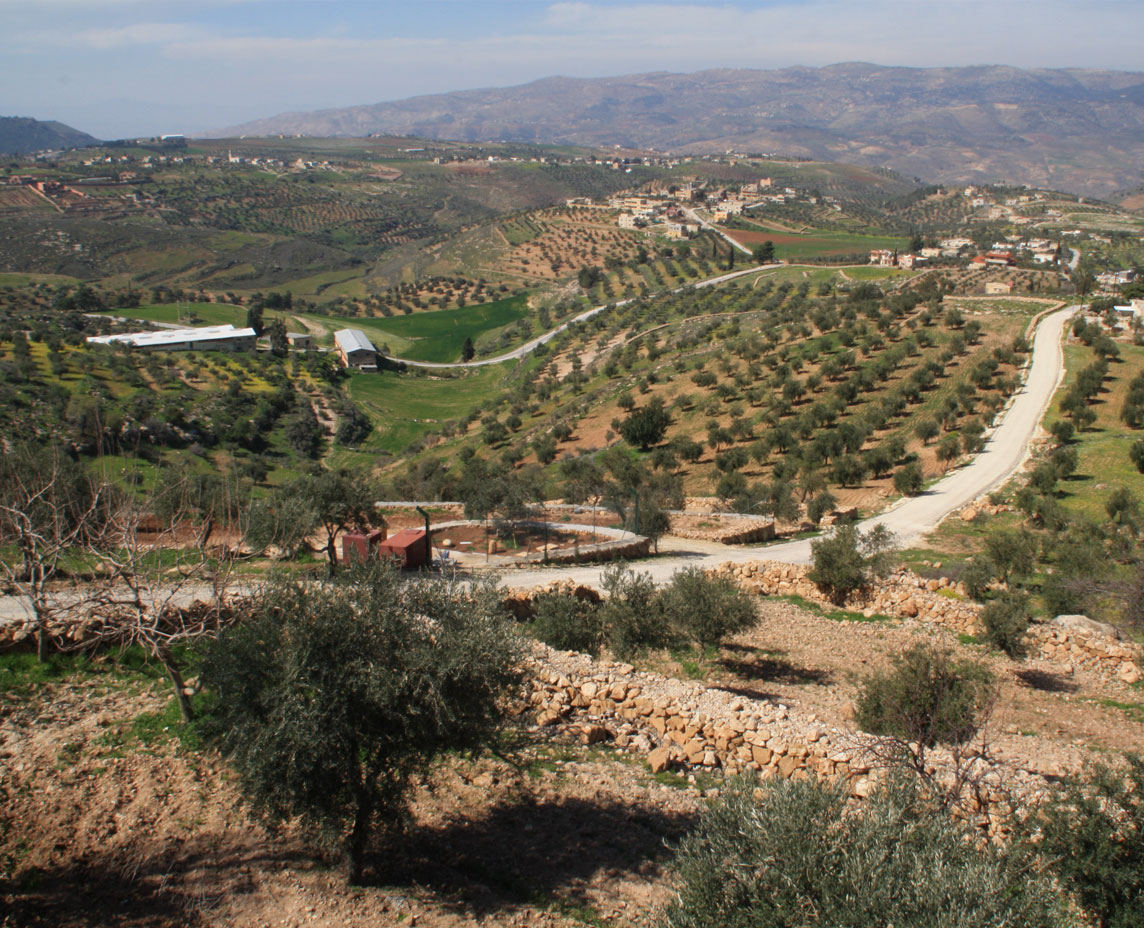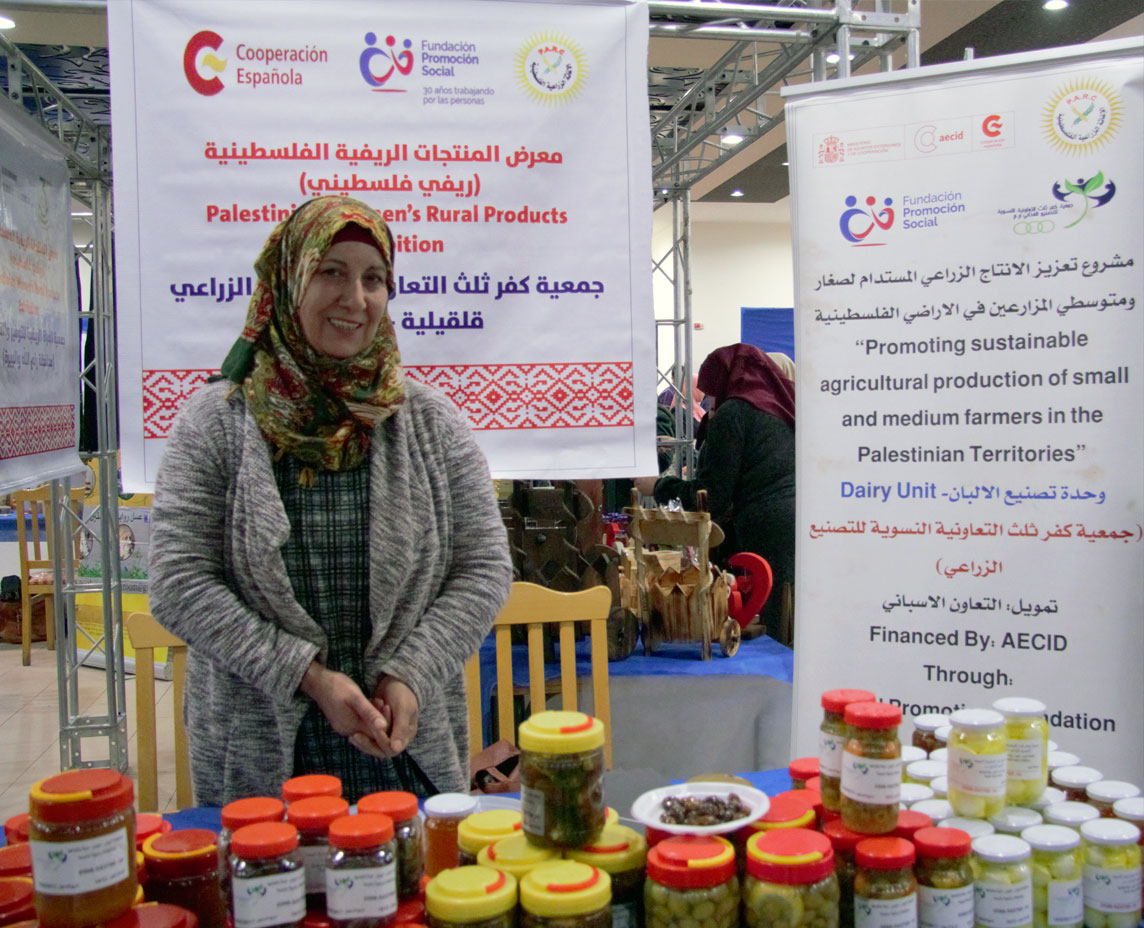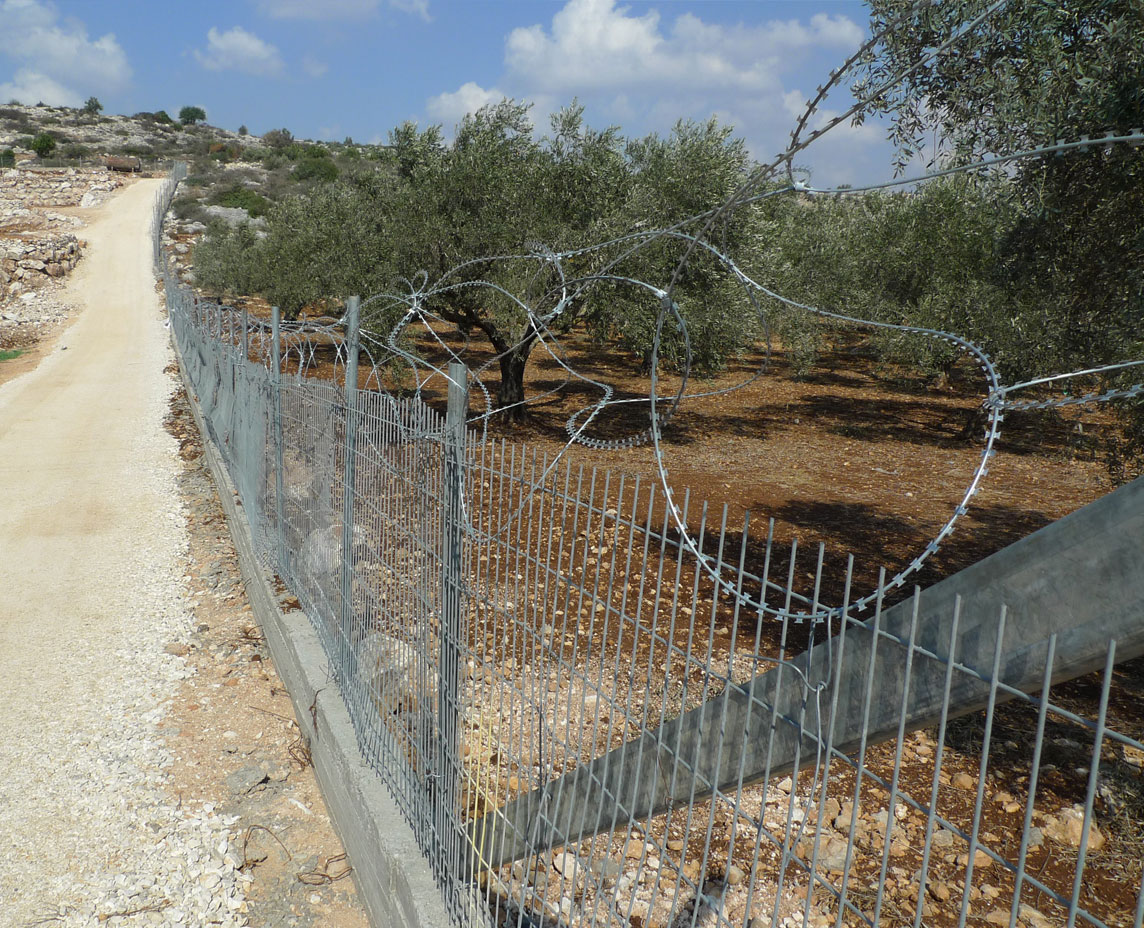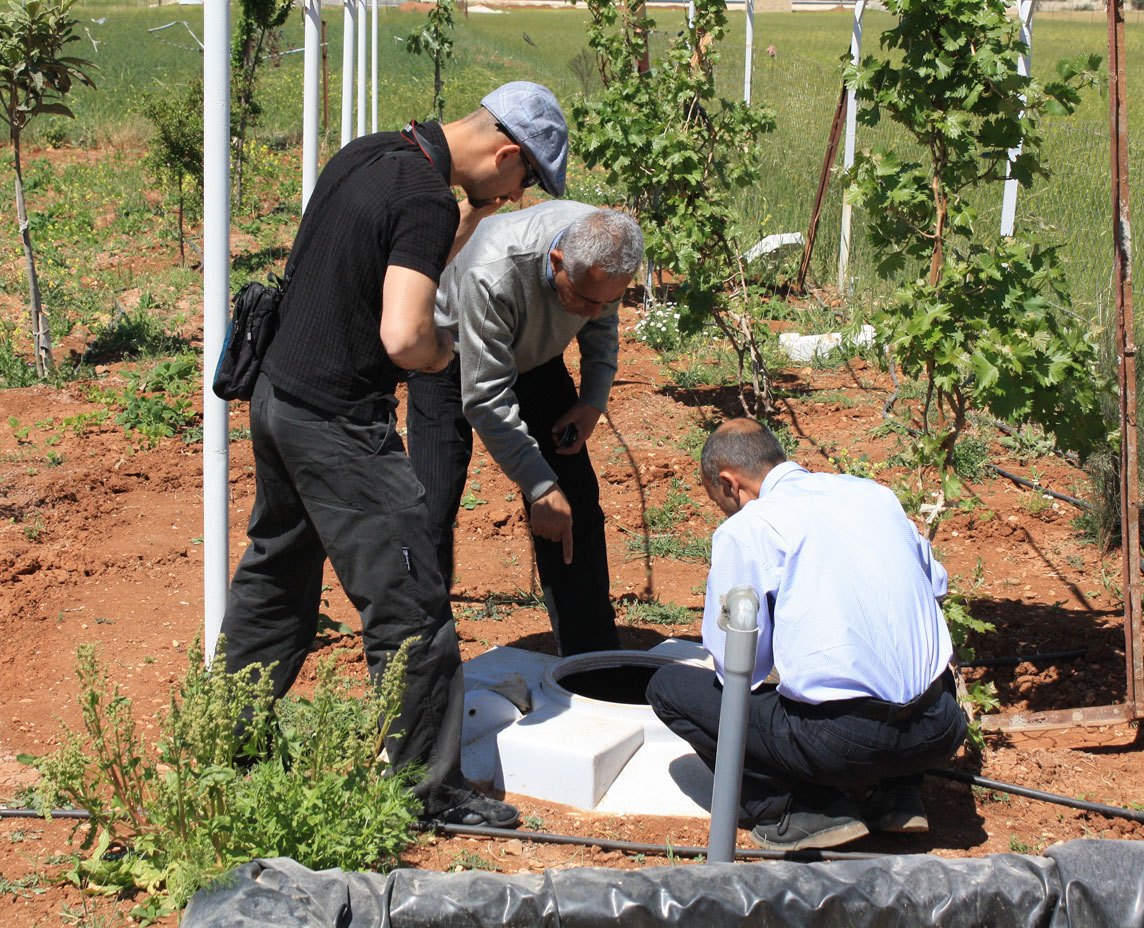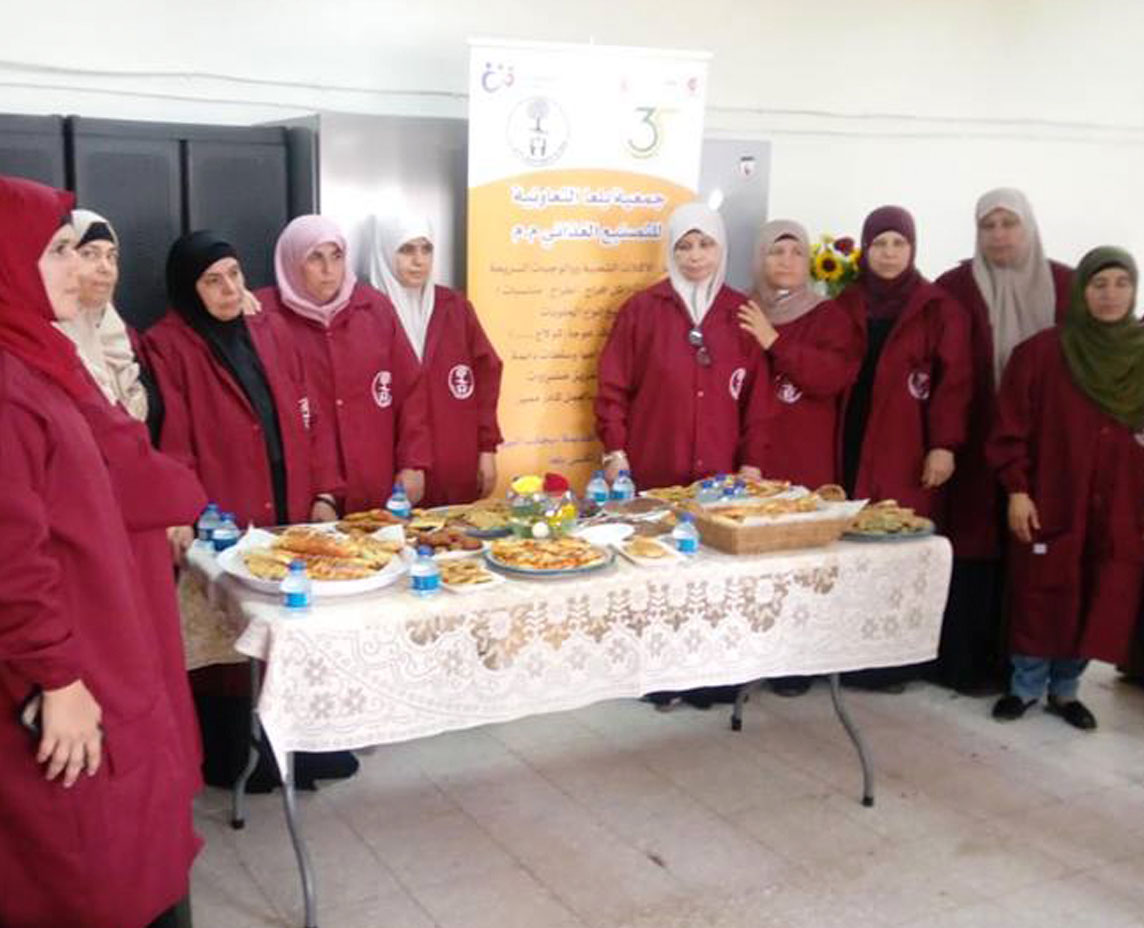The Agreement “Sustainable and equitable rural development in the West Bank including the start and use of responsible management of land and water resources for small and medium farmers” has been finalized on April 8, in which Social Promotion Foundation and its local partner Palestinian Agricultural Relief Committees (PARC) have worked for 4 years in Tulkarem and Qalqiliya, northwest of the West Bank.
Oriented that the Palestinian rural population achieves their rights of access to natural resources, specifically water, and land for agricultural exploitation, and thus contribute to their socio-economic development, has worked in rural development with a holistic approach, paying special attention to the environmental approach and gender equality.
If environmental sustainability is a global priority, in geographical, climatological and political contexts such as the Palestinian, paying attention to issues related to water sustainability, the treatment of the land in the face of desertification and its sustainable management with non-polluting products, become in an almost vital resource, being an orography with a semi-arid climate, with scarce rainfall and having serious restrictions caused by the political occupation on the part of the State of Israel. These issues have been addressed through seminars, sensitization, and advocacy workshops, and also in a practical way, with work with water treatment plants, sustainable management of irrigation systems and the use of organic fertilizers against chemicals.
For its part, the gender approach, in a society where women are strongly displaced from the productive sectors and decision-making spaces, has been a fundamental work throughout these years of implementation of the Agreement. As women are a particularly vulnerable group due to the discrimination suffered, specific activities have been carried out with them. Their participation has not been considered only as a matter of justice and equality. It has been encouraged that they are active actors, endowing them with capacities to give continuity to the work started with the Agreement. Always linked to the correct sociocultural adaptation, work has been done to overcome the role of women traditionally linked to agriculture, relegated to the most ungrateful activities and less linked to the generation of income.
In this way, the Agreement has facilitated their participation in productive areas that contribute to ensuring the food security of their families, as well as the family economy through the sale of products. Among the specific activities carried out, domestic gardens have been supported and women’s cooperatives have been established (with their own businesses linked to pastry, processed foods such as pickles and dairy products, with high local demand). As a conclusion of the Agreement, the last activities have been added to the celebrations held last March for the Women’s Day in Palestine, with the participation in the rural women’s trade fair, an important event to give visibility to associations and women’s cooperatives, providing them with a space to sell their products and exchange ideas.
It is important to note that these women also face additional restrictions on the sector in Palestine, such as high prices for agricultural inputs, weak postharvest capacities and limited access to services and markets. The knowledge acquired in food processing and marketing training has contributed to many of these women have seen their small business initiatives prosper gradually and safely.
Firmly convinced that the generation of capacities is a fundamental element for people to take ownership of their own development, the Agreement has made numerous specialized training aimed at rights holders (farmers and producers, both men and women), both individuals and groups, thus reinforcing institutional capacities through associations and cooperatives that can defend their interests and strengthen their activity as an organized group.
Finally, the main achievements of the Agreement can be summarized as follows:
- The increase of the agricultural land for cultivation and the surface of irrigated land have allowed increasing the agricultural production, which supposes a source of feeding and income to poor families with very limited resources. It has also diversified its diet, with the introduction of 5 new crops totally adapted to their local customs and climate.
- The opening of agricultural roads (10 km) has brought great benefits to more than 400 people who are able to reach their gardens and fields, allowing access to vehicles and machinery for plowing, which means great savings in resources, improvement in the management of their time and energy, increasing their quality of life.
- Water management for agricultural use has been substantially improved, supporting a more sustainable agriculture, and significantly reducing the volume of losses, which is crucial in order to face the “water crisis”.
- The rehabilitation of water storage tanks and a wastewater treatment plant has allowed an increase in additional available water for irrigation by more than 25,000 m3 per year.
- The construction of a composting plant has been a great milestone directly related to environmental sustainability. It has allowed the substitution of chemical fertilizers for organic and has initiated an incipient policy of selection and collection of waste creating an example of easily replicable management.
- The activities carried out have had an impact on the creation of employment, offering a better future for rural families in the area. In this way, those linked to agricultural development have consolidated the work of farmers and producers as a professional outlet; the composting plant has created jobs in the town of Azzoun. And working with women has allowed the implementation of commercial entrepreneurship projects, both linked to cooperatives and individuals, empowering them and providing them with a means of subsistence.
The work carried out during these four years has allowed the extraction of best practices as experiences that have served as the basis for a new work with PARC in the agricultural sector, reinforcing the environmental component, in which the participation of the An Najah University -one of the largest and most influential in Palestine, a reference in scientific research-, and the gender component, with the full participation of the Rural Women’s Development Society.





